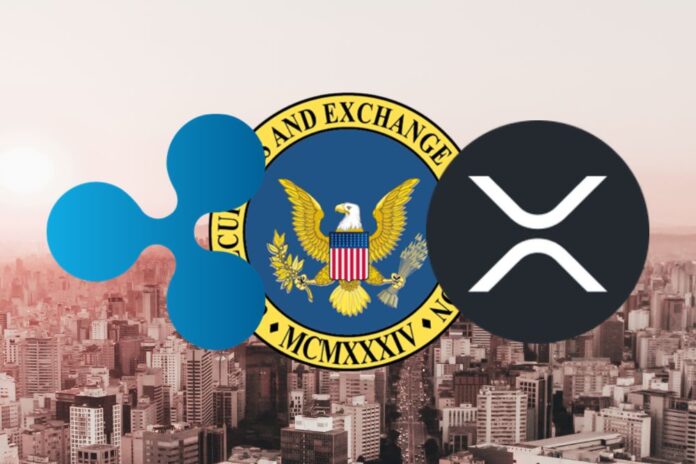The recent conclusion of the U.S. Securities and Exchange Commission (SEC) lawsuit against Ripple has generated considerable excitement within the cryptocurrency community for XRP’s future. However, many are confused about the next steps for Ripple and the SEC, and a key point of contention revolves around whether Ripple can legally sell XRP to institutional investors.
Matt Rosendin (@MattRosendin), a prominent figure in the crypto space, recently addressed this topic on X, emphasizing that Ripple can indeed sell XRP to institutions as long as they claim a federal securities exemption.
Ripple Finally Free from the SEC
Rosendin stated, “If you think Ripple cannot sell XRP in a securities transaction, you are being MISINFORMED. Ripple CAN sell to institutions, as long as they claim a federal securities exemption! Such sales are exempt from SEC registration provisions.” This assertion highlights an essential aspect of securities law: the possibility of selling assets under exemptions that do not require full SEC registration.
The SEC lawsuit centered around the classification of XRP and whether its sale constituted an unregistered securities offering. The court ruled in July 2023 that XRP itself is not a security, but certain sales of XRP to institutional investors were deemed to be investment contracts. This distinction is crucial for understanding the current legal landscape for Ripple and its ability to engage in institutional sales.
Ripple’s Institutional XRP Sales
One user on X responded to Rosendin’s post by saying, “They could have made those exemptions years ago, but they didn’t either because they can’t get it, or having it labeled a security hurts their business.” However, claiming a federal securities exemption involves meeting specific criteria, which might not have been feasible or advantageous for Ripple in the past.
We are on twitter, follow us to connect with us :- @TimesTabloid1
— TimesTabloid (@TimesTabloid1) July 15, 2023
In response to this comment, Rosendin explained that the underlying asset does not have to be a security to have a security transaction. A perfect example is XRP’s institutional XRP sales which were classified as securities offerings where XRP itself is not a security. This means Ripple must adhere to specific legal frameworks when selling XRP to institutions, including claiming federal securities exemptions.
The ability to sell XRP under these exemptions offers Ripple a pathway to continue its operations without breaching securities laws. However, this approach requires careful compliance with regulatory standards and transparency in its transactions.
With Ripple finally free from the SEC, many in the community are eager to see how high XRP can climb and what Ripple has planned for the digital asset. The company’s next steps will reveal its new strategy for selling XRP to institutional investors while staying within the bounds of the law.
Disclaimer: This content is meant to inform and should not be considered financial advice. The views expressed in this article may include the author’s personal opinions and do not represent Times Tabloid’s opinion. Readers are urged to do in-depth research before making any investment decisions. Any action taken by the reader is strictly at their own risk. Times Tabloid is not responsible for any financial losses.
Follow us on Twitter, Facebook, Telegram, and Google News


